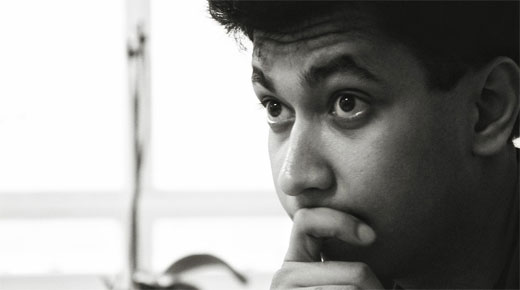
Today I will look at epistemology at the gemba. Epistemology is the part of philosophy that deals with the theory of knowledge. It tries to answer the questions, “How do we know things, and what are the limits of our knowledge?” I have been learning about epistemology for a while now, and I find it an enthralling subject.
|
ADVERTISEMENT |
The best place to start this topic is with Meno’s paradox. Plato wrote about Meno’s paradox as a conversation between Socrates and Meno in the book aptly called Meno. This is also called the “paradox of inquiry.” The paradox starts with the statement that if you know something, then you do not need to inquire about it. Further, if you do not know something, then the inquiry is not possible, because you do not know what you are looking for. Thus, in either case inquiry is useless. Plato believed that we are all born with complete knowledge, and all we need to do is recollect what we know as needed.
…
Comments
Your article "Epistemology at the Gemba"
This is a great article -- very well-written, deeply thoughtful, & intelligent. The part about 'Western' Epistemology is especially cogent.
One thought I had was: as a not-so-good student of 'Western' Philosophy, I eventually found it much easier to grasp and achieve 'Insight' into 'Epistemology' through exposure to Buddhist 'dharma' Teachings (you may already have done so).
Two such insights for me are: 1) that 'it's all in your Mind', so to speak – i.e. that one believes (perhaps very, very, strongly) that one 'knows' something/anything . 2) that how & what you interpret your experience -- & what you 'make' of that 'interpretation' – i.e. your interpretations of your interpretations (i.e. 'thinking'), ad infinitum, is what's actually happening –– and often as not, or if you are lucky, it 'agrees' with the Physical Universe (viz. predictability of consequence & condition), and-or with some degree of the 'Human Universe' of other Minds.
Sorry if the above is too obscure or concentrated. It's a very deep subject, & I haven’t yet managed to shove it into one paragraph!
Looking forward greatly to reading your blog.
Sincerely, Ben Ovshinsky
Thank you for your kind words
Hi Ben,
Thank you for your kind words. It does appear that the context of "knowing" changed as we learned more about the natural laws (more empirical than rational). In the "beginning", the emphasis was on rationalism possibly due to lack of tools to learn about the world.
Rationalism does have merit and so does empiricism. To paraphrase Buddha, the middle way might be the best.
Sincerely,
Harish
Add new comment